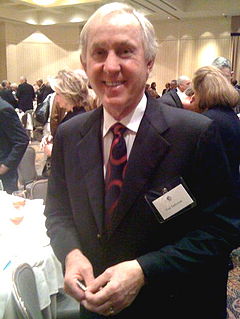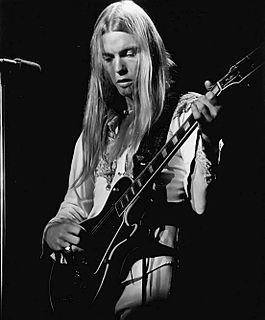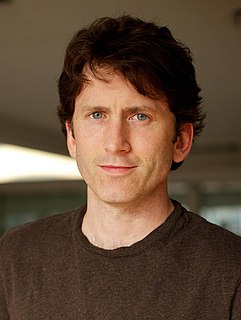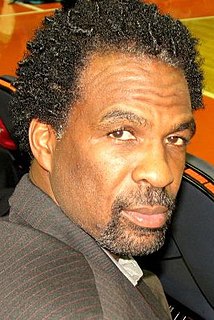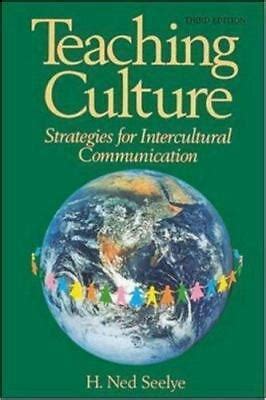A Quote by Sharyl Attkisson
If you've read my New York Times bestseller 'Stonewalled', you know that I'm a fan of an intellectual exercise I call the Substitution Game. It involves comparing how the press treats similar events or people depending on how the reporter or news organization feels about the issue or the newsmaker.
Related Quotes
I think the press, by and large, is what we call "liberal". But of course what we call "liberal" means well to the right. "Liberal" means the "guardians of the gates". So the New York Times is "liberal" by, what's called, the standards of political discourse, New York Times is liberal, CBS is liberal. I don't disagree. I think they're moderately critical at the fringes. They're not totally subordinate to power, but they are very strict in how far you can go. And in fact, their liberalism serves an extremely important function in supporting power.
A lot of times, when someone's going to pick up a game, it can be a bit daunting, like if they haven't played a roleplaying game, or they haven't played things in the series. We spent a lot of time on flow. How it feels to move through the world. How the game rewards you depending on which way you turn.
I follow my own nose. So I read things that are different. People will always say to me, "Have you read Robert S. Bosco's latest novel?" or "Have you read so and so's history of Peru, which is reviewed in the New York Review of Books and the New York Times and has a buzz about it?" I don't even know what you're talking about. I'm like from another planet. I'm a pygmy from the jungle.
You can talk all you want about Russia, which is all a, you know, fake news fabricated deal to try to make up for the loss of the Democrats and the press plays right into it. In fact, I saw a couple of the people that were supposedly involved with this but they know nothing about it. They never made a phone call to Russia, they never received a phone call, it's all fake news. It's all fake news.
Culture is an abstraction; it cannot actually be seen or touched.... We see people acting in agreed-upon ways in the face of similar situations...we notice people moving their bodies in certain ways - making choices in their lives about where to live, what to eat, how to learn, how to work and love - in response to similar events and experiences, and say: "oh, these people belong to the same culture".
As a reporter, you know the tropes of how stories on poverty work in any country. A reporter will go to an NGO and say, "Tell me about the good work that you're doing and introduce me to the poor people who represent the kind of help you give." It serves to streamline the storytelling, but it gives you a lopsided cosmos in which almost every poor person you read about is involved with a NGO helping him. Our understanding of poverty and how people escape from poverty, in any country, is quite distorted.


